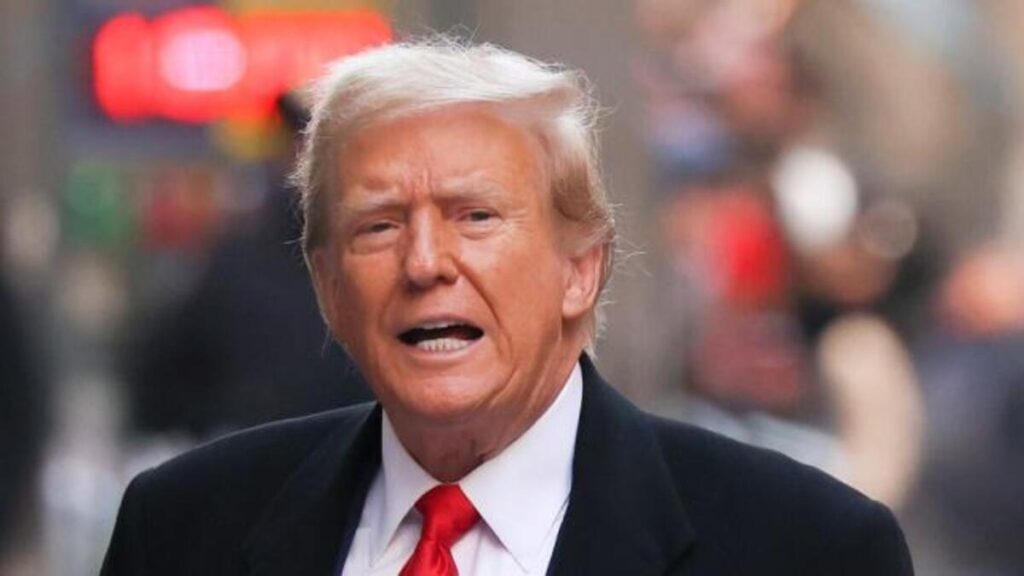In a legal showdown in Fulton County Superior Court, Donald Trump’s lawyer, Steven Sadow, vehemently argued on Thursday that the former president should be shielded from prosecution in Georgia for his alleged attempts to overturn the 2020 election results.
Sadow contended that Trump’s actions, including his persistent questioning of the election outcome and pressure on state officials, constituted protected political speech under the First Amendment, even if they were based on falsehoods.
Sadow’s argument centered on the premise that Trump’s statements, although false, were part of his political discourse and thus entitled to constitutional protection.
He urged Judge Scott McAfee to dismiss the charges against Trump, asserting that the speech itself was being punished, and without the political context, there would be no basis for prosecution.
ALSO READ: Judge Schedules Hearing in Trump Election Interference Case After Failed DA Disqualification Bid
However, prosecutors pushed back, alleging that Trump’s statements were not merely false but were integral to a broader conspiracy involving making false statements to government officials, submitting forged documents, and impersonating public officials.
They pointed to Trump’s infamous phone call with Georgia Secretary of State Brad Raffensperger, where he urged Raffensperger to “find” enough votes to secure his victory in the state, as evidence of his guilt.
Donald Wakeford, one of the prosecutors, emphasized that Trump’s lies were not isolated incidents but were part of a deliberate effort to subvert the democratic process. He argued that each false statement made by Trump was instrumental in furthering criminal activity with malicious intent.
POLL—Is Systemic Racism a Significant Problem That Requires Reform in Policing and Other Areas?
The legal battle over Trump’s alleged election interference extends beyond Georgia, with similar charges being litigated in federal court. U.S. District Judge Tanya Chutkan previously rejected Trump’s First Amendment defense in the federal case, setting a precedent that prosecutors in the Georgia case are keen to uphold.
Despite Trump and his co-defendants pleading not guilty to charges of election racketeering, the legal proceedings are far from over. McAfee has yet to schedule the trial, but prosecutors have proposed a start date in August, signaling a protracted legal battle ahead.
In addition to Trump, another defendant, David Shafer, chairman of the Georgia Republican Party, sought to dismiss his charges on Thursday.
ALSO READ: “That’s in the Past,” Lara Trump Defends Trump’s Attempt To Overturn the 2020 Election Results
Shafer’s lawyer argued that no presidential electors should have been recognized in Georgia due to pending litigation challenging the election results.
As the legal wrangling continues, the case underlines the delicate balance between free speech rights and accountability for actions that threaten the integrity of the electoral process.
The outcome of Trump’s legal battles in Georgia and beyond could have far-reaching implications for the boundaries of political speech and the rule of law.
You Might Also Like:
Former DEI Executive at Facebook Pleads Guilty In a $4 Million Fraud Lawsuit
Great News As Lake Mead Water Levels Rise After Years of Drought
Republican Leaders Face Calls To Resign Over Viral Video of Biden Effigy Beating
Businessman Kevin O’Leary Criticizes Canada’s Leadership, Says They Mismanage the Country
Asylum Seekers’ Train Defies Warnings Against Illegal Crossings
